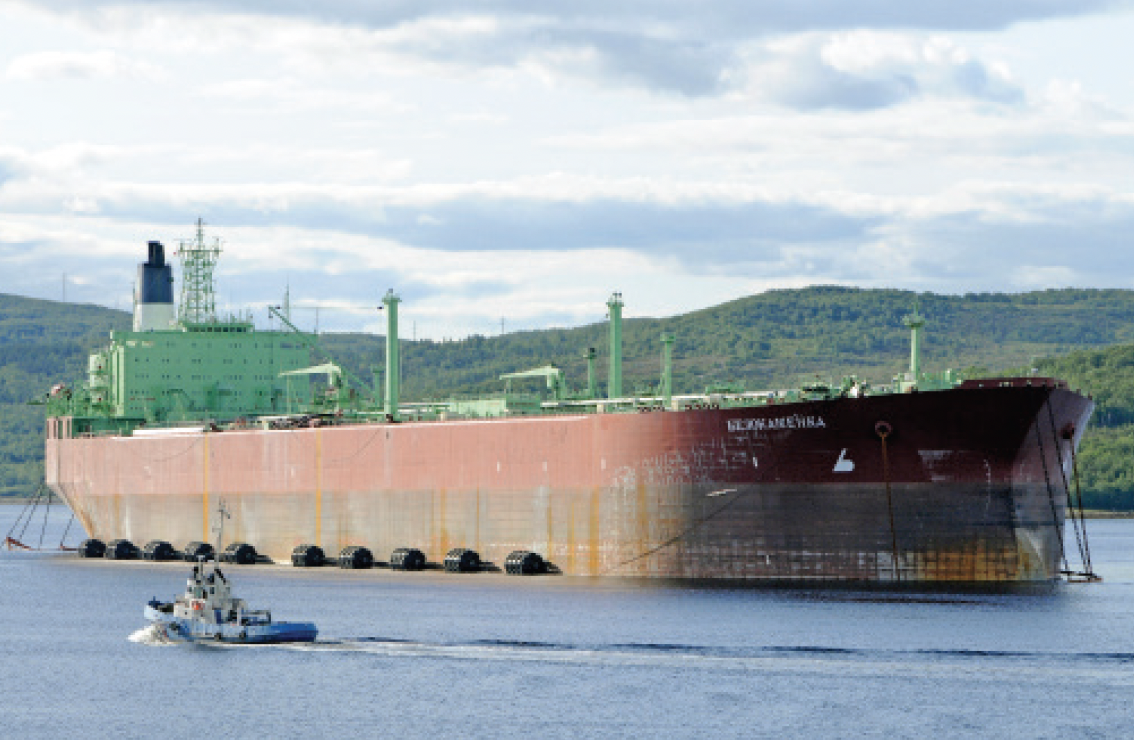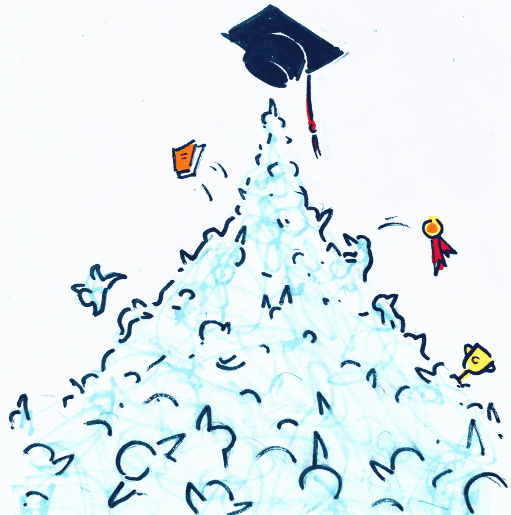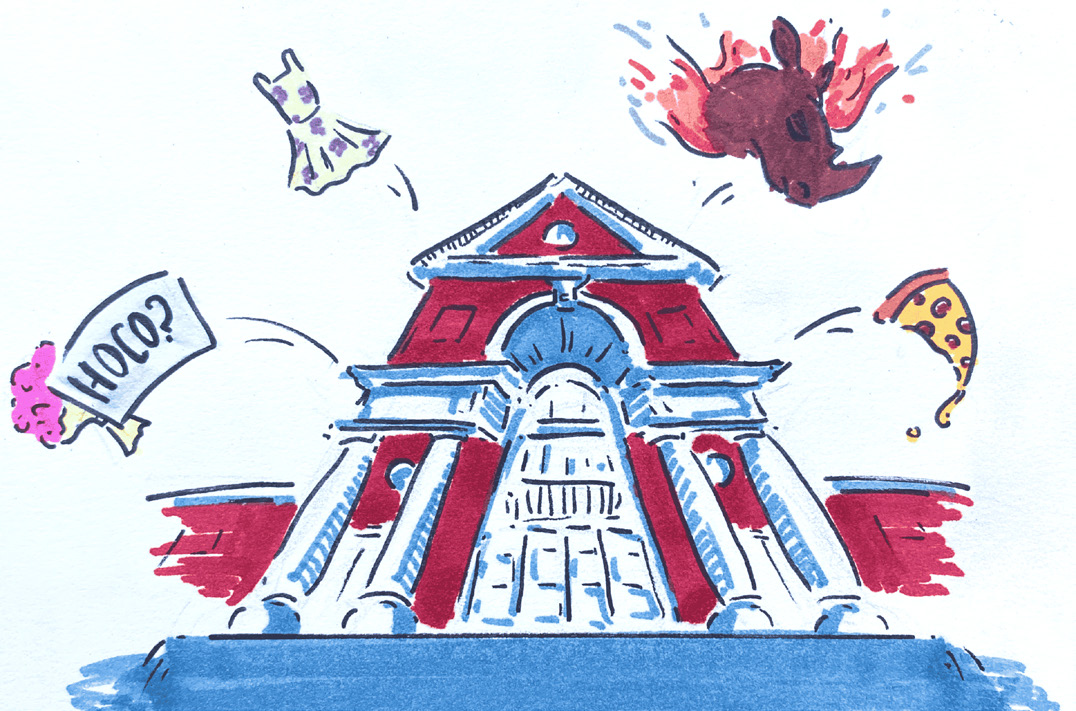This winter, temperatures in most parts of Europe will fall below freezing, and many Europeans might have to make a brutal choice that they never thought they’d have to face: a choice between food and heating. The cause of this crisis is a policy blunder by European and American liberals who naively believed that their nations were prepared for a full transition to clean energy. It might be too late to make policy changes that will resolve the situation this winter, but politicians across the Western world need to unite to make more common-sense policies that help transition to a cleaner future while also protecting the lives of people today.
The situation in Ukraine illustrates this grave failure in policy making well. Despite the effort Western leaders have put into trumpeting Ukraine’s military victories, they can’t deny that Vladimir Putin still has a massive ace up his sleeve. Over the past decade, Russia has provided over 40% of Europe’s natural gas, and more than 50% of Europe’s coal. Despite the push for clean energy across the Western world, the fact of the matter is that 76% of Europe’s power comes from fossil fuels. Because of this dependency on fossil fuels, and a dependence on Russia specifically to obtain these essential resources, Putin can now literally freeze Europe.
Energy prices in Europe have skyrocketed as the loss of Russian energy sharply decreases supply. According to Reuters, energy prices are “almost 400% higher than a year ago. This year’s price surge has squeezed struggling already consumers and forced some industries to halt production” (Reuters). The situation has already worsened to the point that the European economy is suffering; if the deficit continues growing as reserves run low, even more people will no longer be able to afford heating.
In an ideal world, Europe’s allies, including the United States, would be able to step in and save the day. However, the U.S. is confronting struggles of its own; intense polarization is preventing Congress from taking appropriate action to assist Ukraine and confront Russia’s aggression. President Biden recently passed a clean energy bill with great pomp and circumstance that will enhance solar, wind, and hydrocarbon power.
When the Democratic party endeavored to pass a law simplifying the process to build transmission lines and oil pipelines, and also improve natural gas backups, more than seventy house Democrats refused to back this bill as they felt it wasn’t “green” enough. Republicans also refused to back the bill, despite its clearly being in line with their philosophy and in the best interest of the public, simply due to a reluctance to hand another victory to the Biden administration. The United States’ internal divisions are making it nearly impossible for it to aid its allies in their times of greatest need, despite the American populace’s desire to provide aid – according to the Pew Research Center, “42% [of Americans] say the U.S. should be providing more support to Ukraine, while just 7% say it is providing too much support” (Pew Research Center).
The U.S. is not in a position to help itself on the day when alternative energy fails, let alone in a position to aid its European allies in the war against a Putin who retains the upper hand in terms of energy supply. Politicians need to quit their futile politicking and create policy that ensures three things: a gradual and sustainable move to alternative and green energy (instead of the unsustainable and overly ambitious pace at which green energy is currently being rolled out), acceptance of the continued importance of fossil fuels, and the ensuring of oil and natural gas availability at affordable rates.
The U.S. in particular needs to be able to counter “petro-Putinism” and neutralize the biggest weapon in Putin’s arsenal. If lawmakers do not come together and pass the necessary legislation, Putin’s prospects of success in Ukraine will increase greatly, and more notably, the U.S. will be unprepared for the dark day that the sun doesn’t shine on solar panels, transmission lines from renewable energy sources fail, or the day the wind doesn’t blow.






